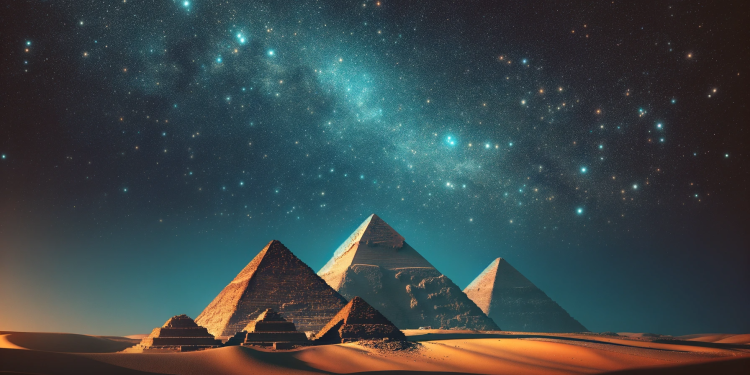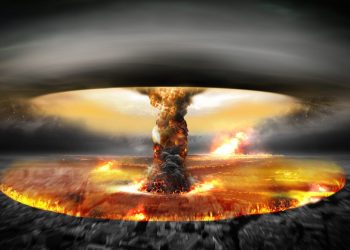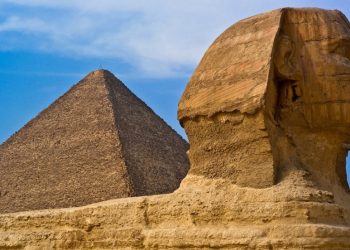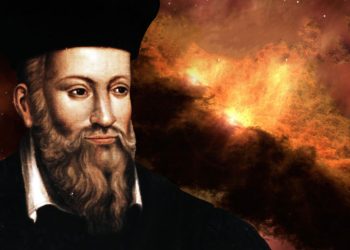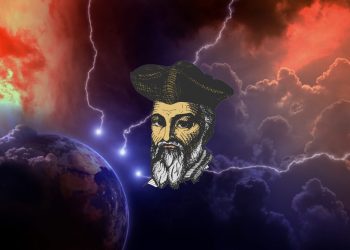Twinkling in the night sky, the Orion constellation is not just a cluster of stars but a gateway to ancient myths, celestial mysteries, and the question of our very existence. From Greek legends to the banks of the Nile, Orion has captivated humanity for millennia. But why? Is it merely because of its astronomical beauty? Is it because of its curious shape? Or is there more to Orion than meets the eye?
The Majesty of Orion
Visible from almost every corner of the globe, the constellation of Orion is a celestial marvel that has fascinated humankind throughout history. Its prominent place in the night sky has made it a focal point of storytelling, navigation, and astronomical studies. This constellation, characterized by its distinctive array of bright stars and striking formations, serves as an astronomical bridge connecting various cultures and epochs. Its presence in folklore and myth is profound, often embodying themes of heroism, adventure, and the mysteries of the cosmos. Orion’s universal appeal lies in its visibility and the ease with which its pattern can be recognized, prompting countless interpretations and narratives across different civilizations.
The Hunter Among the Stars
Orion’s roots in Greek mythology are deep and illustrative. Named after the legendary hunter, Orion, this constellation has been a cornerstone of Greek celestial stories since the 8th century B.C. According to myth, Orion was a formidable hunter, endowed with extraordinary strength and size, born with the ability to walk on water – a gift from his father, Poseidon, the god of the sea. His depiction in the stars shows him armed with a club and a lion’s pelt, ready for the hunt. The narrative of Orion’s death varies, but it often involves his boastfulness leading to a tragic end, only for him to be immortalized in the heavens by Zeus. These myths not only provided explanations for the constellations but also reflected the Greeks’ understanding of their world, their gods, and the nature of human pride and folly.
Orion and the Gods of the Nile
In ancient Egypt, the significance of Orion was equally profound but distinctly different. The Egyptians associated Orion with Osiris, the god of the afterlife, rebirth, and regeneration. This association is reflected in the alignment of the pyramids, which were meticulously constructed to mirror the stars of Orion’s Belt. To the Egyptians, the stars were not mere lights in the sky but the abode of their gods and the destination of their pharaohs’ souls. The link between Orion and Osiris was central to their cosmology, with the annual flooding of the Nile River believed to be influenced by the celestial movements of Orion and Sirius. This connection underlines the Egyptians’ advanced astronomical knowledge and their deep reverence for the stars, which they saw as integral to the cycle of life, death, and rebirth.
Star Stuff and Creation Myths
The stories of Orion and Osiris, along with other mythological narratives, resonate with the modern astrophysical understanding that the elements constituting our bodies were formed in the interiors of collapsing stars. These myths, therefore, are not just ancient stories but reflections of a deeper truth about our cosmic origins. The idea of ‘star stuff’ suggests that there is a direct link between the celestial bodies and human existence, lending a poetic truth to these ancient myths. Cultures around the world have looked to Orion and found different meanings, but a common thread is the recognition of a larger, interconnected universe that influences and is reflected in our own existence.
The Pyramid Alignment
The alleged alignment of the Egyptian pyramids with Orion’s Belt is one of archaeoastronomy’s most fascinating topics. This alignment suggests a sophisticated understanding of celestial mechanics and a deliberate effort to mirror the heavens on Earth. The Great Pyramid of Giza, in particular, has air shafts that align with Orion, fueling theories about the pyramid’s purpose. Was it merely a tomb, or something more? Could it have been a portal or a guide for the pharaoh’s soul to travel to the stars? These questions underscore the Egyptians’ deep connection with the night sky and their belief in an afterlife intimately linked with the cosmos. The precision of this alignment is a testament to their astronomical knowledge and their desire to harmonize their monumental architecture with the celestial order.
The Search for Extraterrestrial Connections
The enduring fascination with Orion has led some to speculate about its possible connections to extraterrestrial life and ancient astronaut theories. The consistency of Orion’s importance across different cultures and epochs raises intriguing questions. Could the myths and architectural marvels associated with Orion be more than mere coincidences or imaginative stories? Might they be ancient records or signals pointing to extraterrestrial origins or visitations? While these theories are speculative, they fuel our imagination and quest for understanding, reminding us that the night sky has always been a source of wonder, inspiration, and perhaps, clues to our own origins.
The constellation of Orion, with its rich tapestry of myths, astronomical significance, and mysterious allure, continues to fascinate and inspire. As we delve into the stories and symbols associated with this celestial giant, we are reminded of humanity’s eternal quest to understand the universe and our place within it. Whether as a hunter in the sky, a symbol of rebirth, or a link to otherworldly realms, Orion’s legacy remains a captivating chapter in our collective exploration of the cosmos. So, keep looking to the stars, maybe one day we will find all of the answers we seek by doing so.
Until the next one, stay curious!



